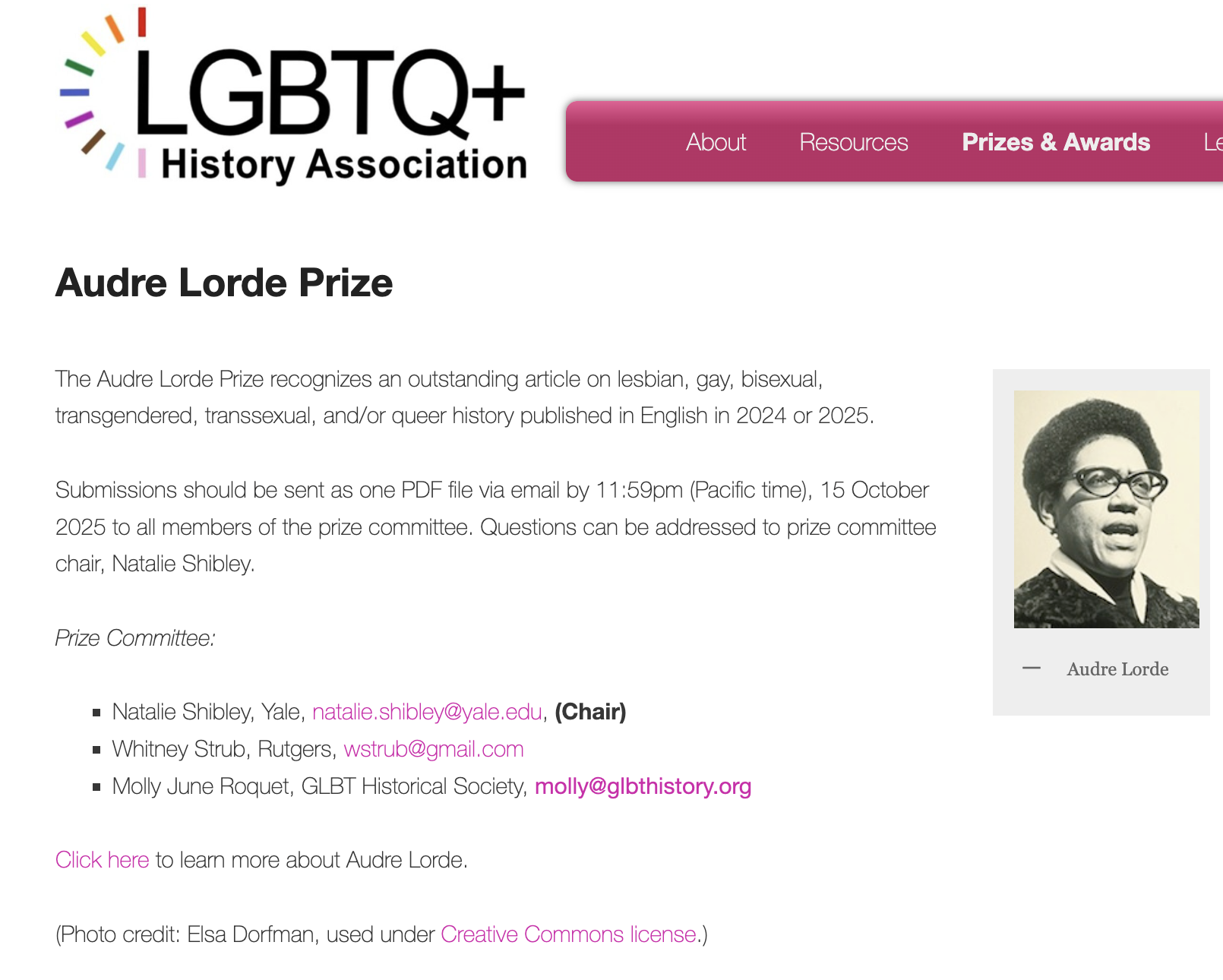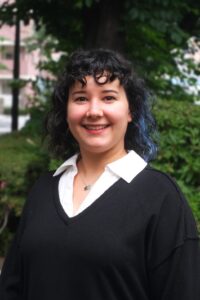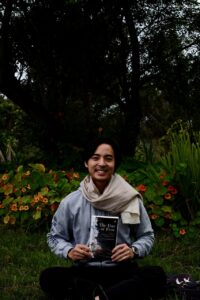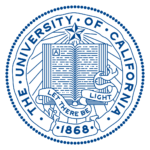EALCS Graduate Student Jin Young Lim in Conversation with Katherine Saltzman-Li (Chair, EALCS) about his recently-published book, The Dao of Flow: A journey to discover the ancient wisdom of water (Penguin Books, 2024)
You can view a five-minute introduction to The Dao of Flow on YouTube here:
Congratulations, Jin, on the publication of your book! Thank you for the opportunity to learn more about it through the following Q&A (conducted on May 5, 2025.)
KS-L: Please give us a brief overview of the four sections of your book and what holds them together. Was it inspired by the Chinese idiom that structures the book’s four parts: 行雲流水? Or is it more specifically connected to what you feel when practicing tai chi, which in part motivated the writing of your book?
JYL: The Dao of Flow distills philosophical and practical lessons from Daoism and blends them into personal stories that intersect with multiple disciplines. As noted in your question, the book is divided into four segments, each based on a character from the Chinese idiom “Drifting Clouds, Flowing Water” (xingyun liushui 行雲流水). The first character 行 in particular, shares an etymology with Dao 道, which is commonly translated as “Path or Way”.


Image: oracle bone writings of 行 (left) and 道 (right). Both depicting crossroads – marking a path to be taken.
I adopt Roger T. Ames’s rendering of Dao as “way-making,” characterizing it as “gerundive, processional, and dynamic” – such that every living being is constantly finding, making, and treading a path. Thus the first segment, “Way-Making” (行), explores Dao through ancient mythology and tai chi. The second, “Wandering Clouds” (雲), traces my journey from Malaysia to Japan and China as an international student and later to co-founding a nonprofit in India’s Himalayas. The third, “Nature-Flowing” (流), turns to natural farming, the history of Pu’er tea, and Indigenous wisdom. Finally, “Be Like Water” (水) profiles three remarkable individuals whose work in wildlife conservation, artisanship, and humanitarianism embodies Daoist ideals.
My tai chi master in Taiwan always reminds students that after learning the whole form, the lifelong task is to approximate the state of “drifting clouds and flowing water.” Many people misconceive Daoism as simply “going with the flow,” but—as the practices and stories in the book show—true flow demands both rigor and freedom, achieved only through methodical cultivation and constant refinement.
KS-L: How is your practice of calligraphy, an example of which is on the book’s cover, informed by the ideas of The Dao of Flow and the “drifting clouds, flowing water” metaphor?
JYL: I think that the cover art embodies the book’s ideas on three levels.
1 Embodiment, flow, regulation
First of all, tai chi and calligraphy are very similar in terms of their progressive mastery of “embodiment, flow, and regulation.” First, you have to “embody the state of water” by emulating the basic movements of tai chi or, in the case of calligraphy, by imitating model artwork of predecessors again and again until you can embody their style. Next, you strive toward “flowing” the body to accomplish a set of movements or lines of characters. Finally, you “regulate” by ensuring a graceful execution of a full-length tai-chi practice, just as you ensure that your calligraphy is beautifully integrated into the overall picture on the sheet of paper.
2 Collaboration between freedom and vigor
On the second level, the cover art is a collaboration between my Argentinian friend Azul, who painted the fish, and me, who inscribed the calligraphy. Azul loves splattering paint on a piece of paper and then later working on the minute outlines so that images naturally emerge from spontaneity. After she finished her part, I had to examine the layout of the entire painting and decide where, how, and what to write so as to complement the image harmoniously. This collaborative process presents a beautiful blend of the freedom and rigor we discussed earlier– a coming together of yin and yang.
3 Allusion to transformation
On the third level, the meaning of the inscribed calligraphy brings a unique interpretation to Azul’s fish. I took a line from the classical Daoist text Zhuangzi, which says: “There is a fish in the Northern Sea named Kun. Kun’s grandness spans who knows how many thousands of miles. [Kun] transmutes into a bird named Peng.” In the Zhuangzi, Peng exuberantly takes off into the sky and moves along the ocean’s rhythm toward the Southern Sea. This image represents physical and spiritual transformation—a sense of effortless mounting toward freedom that The Dao of Flow hopes to inspire.
KS-L: You suggest that your book offers your thoughts and experiences as a reference for young people in thinking about how they will approach their lives, and in part 4 of your book, you also offer portraits of three people you admire as models. Please tell us more about how your readers might engage with the four sections of your book, for references, for models, and for contemplation about their lives.
 JYL: In part, this book chronicles my coming-of-age journey from the time of a high-school student, taking the leap of faith of going to Fukushima after the 2011 Tōhoku earthquake and tsunami—and, by keeping a heart of openness, somehow, one experience naturally led to another: from pursuing my studies in Tokyo and Beijing, to co-founding a non-profit in the Himalayas, and now working on my doctoral degree in the US. This path—which has given me so much fulfillment—is formed less as a matter of pure will and more from an amalgamation of chance, luck, and setting the right intentions. The Chinese love to say that every little success is the product of the right celestial timing, geographical advantages, and harmonious human factors (天時地利人和). I think it is not only a humbling perspective, but a truthful one.
JYL: In part, this book chronicles my coming-of-age journey from the time of a high-school student, taking the leap of faith of going to Fukushima after the 2011 Tōhoku earthquake and tsunami—and, by keeping a heart of openness, somehow, one experience naturally led to another: from pursuing my studies in Tokyo and Beijing, to co-founding a non-profit in the Himalayas, and now working on my doctoral degree in the US. This path—which has given me so much fulfillment—is formed less as a matter of pure will and more from an amalgamation of chance, luck, and setting the right intentions. The Chinese love to say that every little success is the product of the right celestial timing, geographical advantages, and harmonious human factors (天時地利人和). I think it is not only a humbling perspective, but a truthful one.
Whatever success I have owes much to mentors whose lives and ways of living in this world continue to inspire me. They taught me not to squander my time on this planet but to dedicate it to receiving, growing, connecting, creating, and giving. I call these mentors or role models “walking flowers”—those who walk the flow and shine beautifully like flowers. While crafting their stories, I was also contemplating passages from Daoist texts, carefully translating them from Classical Chinese into English and quoting them to better illuminate the stories, and vice versa. Some of these texts, written more than two thousand years ago, still offer nuggets of wisdom and relevance in today’s world. I suggest that readers return to those classical texts to see how certain threads of ideas or messages might be applicable to their own fields of experience. By overlaying their own lives onto the contours of those featured in this book, I hope readers will spark a conversation with themselves to find their own Dao.
KS-L: You speak of the practice of tai chi as an embodiment of the principles of Daoism, that is, a concrete, physical application of the abstract principles of Daoism. As a graduate student studying Daoism, please discuss the mix of concrete and abstract in your practice of tai chi, as well as in Daoism itself.
JYL: Tai chi chuan and other contemplative practices—such as aikido, calligraphy, painting, Zen meditation, and tea ceremonies, etc.—can provide an embodied pedagogy in which one’s body becomes the locus of learning and the lens through which one can interpret philosophy. Tai chi internalizes Daoist principles such as wuwei 無為 (non-coercive action) and ziran 自然 (a kind of natural spontaneity).
Daoism counsels us to eschew brute force in favor of a strong yet relaxed and skillful way of moving one’s body (in tai chi) as much as going through one’s day-to-day life. To quote Roger T. Ames, in his book Dao de jing: Making this Life Significant, “spontaneity must be clearly distinguished from randomness and impetuosity. In fact, far from being ‘uncaused,’ it is the novelty made possible by cultivated disposition. Spontaneity is the punctuated flow and pressure of the calligrapher’s brush… [and in martial arts], a great deal of care must be taken at the most elementary stages of training to establish ‘habits of mind and body,’ again both psychological and physical, that lead to a maximizing of the developing skill and allow for the emergence of one’s particularity.”
The same applies to any field—whether it is music, dance, speaking, writing, or researching. It is only when one masters the fundamentals of a discipline that one can begin to innovate, create, and perform with grace and harmony. Put differently, tai chi grounds the abstractions of Daoist thought in the concrete rhythms of breath, posture, and motion.
KS-L: You have been presenting your book at book festivals around the world. How does presenting the personal nature and lessons of the book to the range of people who have come to these festivals interconnect and perhaps balance productively with the academic work you do as a graduate student?
JYL: It is extremely exciting and refreshing for me to attend book festivals around the world and not only listen but also connect with writers and readers from all kinds of backgrounds and genres and learn from them. These avenues offer me the opportunity to see writing and speaking as forms of expression and communication– to reflect on how best to tailor ideas to different audiences. Academia can sometimes feel like it’s isolated from broader communities; but by translating one’s interest and research for non-specialists, and receiving feedback, I think scholars can gain fresh perspectives—and better questioning. At the same time, these book festivals allow me to step outside an academic setting and simply listen—for instance, to fiction writers discuss imaginative world-building and wordsmithing; or poets exploring the beauty of sound and syntax – these literary communities foster a space for me to think outside the box.








 JYL: In part, this book chronicles my coming-of-age journey from the time of a high-school student, taking the leap of faith of going to Fukushima after the 2011 Tōhoku earthquake and tsunami—and, by keeping a heart of openness, somehow, one experience naturally led to another: from pursuing my studies in Tokyo and Beijing, to co-founding a non-profit in the Himalayas, and now working on my doctoral degree in the US. This path—which has given me so much fulfillment—is formed less as a matter of pure will and more from an amalgamation of chance, luck, and setting the right intentions. The Chinese love to say that every little success is the product of the right celestial timing, geographical advantages, and harmonious human factors (天時地利人和). I think it is not only a humbling perspective, but a truthful one.
JYL: In part, this book chronicles my coming-of-age journey from the time of a high-school student, taking the leap of faith of going to Fukushima after the 2011 Tōhoku earthquake and tsunami—and, by keeping a heart of openness, somehow, one experience naturally led to another: from pursuing my studies in Tokyo and Beijing, to co-founding a non-profit in the Himalayas, and now working on my doctoral degree in the US. This path—which has given me so much fulfillment—is formed less as a matter of pure will and more from an amalgamation of chance, luck, and setting the right intentions. The Chinese love to say that every little success is the product of the right celestial timing, geographical advantages, and harmonious human factors (天時地利人和). I think it is not only a humbling perspective, but a truthful one.
